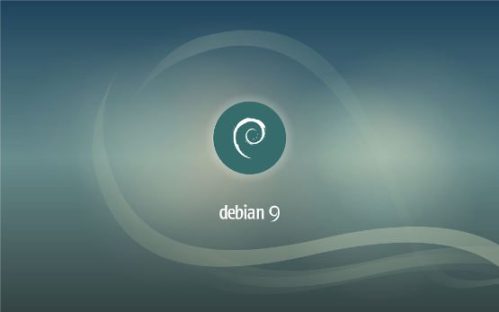The morning stated by taking the bus to Kini beach. After some to enjoy the water (which were still cold in the morning), we sat for talking about the local Debian community and how can we help it grow. The main topic was localization (l10n), but we soon started to check other options. I reminded them that l10n isn t only translation and we also talked about dictionaries for spell checking, fonts and local software which might be relevant (e.g.
hdate for the Jewish/Hebrew calendar or
Jcal for the Jalali calendar). For example it seems that regular Latin fonts are missing two Albanian characters.
We also talked about how to use
Open Labs to better work together with two hats member of the local FOSS community and also as members of various open source projects (not forgetting open content / data ones projects as well). So people can cooperate both on the local level, the international level or to mix (using the other s project international resources). In short: connections, connections, connections.
Another aspect I tried to push the guys toward is cooperating with local companies about open source, whether it s the local market, the municipal and general government. Such cooperation can take many forms, sponsoring events / giving resources (computers, physical space or employee s time) and of course creating more jobs for open source people, which in turn will support more people doing open source for longer period.
One of the guys thought benefit the local community will benefit from a mirror server, but that also requires to see the network topology of Albania to make sure it makes sense to invest in one (resources and effort).
We continued to how it would be best to contribute to open source, mostly that Debian, although great isn t always the best target, and they should always try to work with the relevant upstream. It s better to translate gnome upstream then sending the Debian maintainer the translation to be included in the package. That shortcut can work if there s something urgent like a really problematic typo or something what unless done before the release would require a long long wait (e.g. the next Debian release). I gave an example that for important RTL bugs in LibreOffice I ve asked Rene Engelhard to include the patch instead of waiting for the next release and its inclusion in Debian.
When I started the conversation I mentioned that we have 33% females out of the 12 participants. And that s considered good comparing to other computer/technical events, especially open source. To my surprise the guys told me that in the Open Labs hackerspace the situation is the opposite, they have more female members than male (14 female to 12 male). Also in their last
OSCAL event they had 220 women and 100 men. I think there s grounds to learn what happens there, as the gals do something damn right over there. Maybe
Outreachy rules for Albania should be different (:
Later that day I did another session with Redon Skikuli to be more practical, so I started to search on an Albanian dictionary for spell checking, found an old one and asked Redon to check the current status with the guy. And also check info about such technical stuff with Social Sciences and Albanological Section of the Academy of Sciences of Albania, who is officially the regulator for Albanian.
In parallel I started to check how to include the dictionary in LibreOffice, and asked Rene Engelhard to enable
Albanian language pack in Debian (as upstream already provide one). Checking the dictionaries I ve took the opportunity to update the Hebrew. It took me a little longer as I needed to get rust off my LibreOffice repositories (dictionaries is a different repository) and also the gerrit setup. But in the end:
https://gerrit.libreoffice.org/#/c/41864/
With the talks toady and the starting to combine both Debian and LibreOffice work today (although much of it was talking) I felt like I m the right person on the right place. I m happy to be here and contribute to two projects in parallel (:
Filed under:
Debian GNU/Linux,
i18n & l10n,
LibreOffice 


